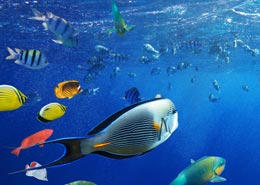
About
For the last three years, the ResponSEAble project has been looking at ways to help people understand their connection to the sea. Whether they live on the coast or inland, the project’s goal has been to figure out how to encourage Europeans to take a more interest in their oceans, improve their understanding and to treat them with greater respect.
ResponSEAble is funded by the European Commission’s Horizon 2020 program and has 15 partners from around the European Union. This diverse group has been trying to figure out how to connect people to their seas and to help them better understand the complex human-ocean relationship. The reason is simple: if people have better knowledge they will make responsible decisions – in other words, they will become “ocean literate”.
But who needs to know what? What are the target audiences? What kind of information is needed? What are the best channels or methods to transmit information to these audiences? How do we encourage people to become more knowledgeable, to make responsible decisions and change their behavior? And why, sometimes, don’t we act even if we have the right information?
The project has developed and is testing the effectiveness of several innovative “ocean literacy tools” for different audiences .
We have been consolidating and sharing our findings through a series of ResponSEAble webinars, as well as building knowledge base for marine key challenges “The key stories” and developing “interactive guidance for practitioners” (coming soon)”
As a last step of the project we organize Ocean Dialogues event together with “Marina project” and in cooperation with “IOC-UNESCO” and “SERICA” group of the European Parliament on the role of Ocean Literacy and Responsible Research and Innovation in supporting effective Ocean Governance to ensure the sea matters to all. The outcome of the Ocean Dialogues 2019 will be a manifesto that will state how to make RRI and OL effective and successful including in seizing opportunities that the policy framework offers.
Join us in ResponSEAble journey by taking part in this Ocean Dialogues, testing and using the tools, bringing your best practices and taking what we have discovered with you into the future !
Ocean literacy tools
Become ocean literate!
Key stories
One of the main objects of the ResponSEABle project, is increasing the understanding and awareness of how European citizens affect and benefit from the ocean. To do this, the project decided to focus on some key ocean issues – the ResponSEAble´s Key Stories.
It was essential that the Key Stories captured focus areas that could serve as strong examples of human and oceans connections, that they were relevant in a European context, and that they could be applied in the development of ocean literacy products. Therefor the project underwent a thorough process to decide on the Key Stories. The project evaluated the European Union´s Marine Strategy Framework Directive (MSFD) Descriptors, the EU Blue Growth Strategies as well as the relevant European Regional Seas Programmes to find potential Key Stories. After careful consideration, the ResponSEAble project decided on these six Key Stories (which can be found below).
They start with what we know about the current state of the oceans in relation to the specifics issues, how economic activities directly or indirectly connect to it, and our perceptions and understanding of this connection. By doing so, the Key Stories provide clear examples of the diffuse nature of pressures to coastal and marine ecosystems, the identification of actors important to the issues, and gaps in knowledge that need to be filled to advance the cause of ocean literacy. Three of the Key Stories represents pressure-based stories, while the other three represents the ResponSEAble Blue Growth Key Stories, which also touches upon an opportunity perspective.
Eutrophication and agriculture
Ballast water and invasive alien species
Sustainable Fisheries & aquaculture
Microplastics and cosmetics
Coastal Tourism
Marine Renewable Energy
News
Ocean literacy blog
Contact
More information about the project
use the form below


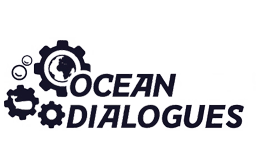
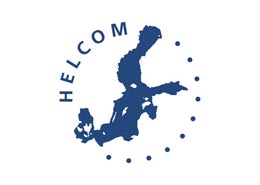
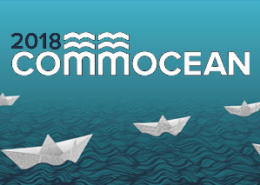
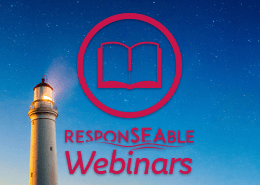
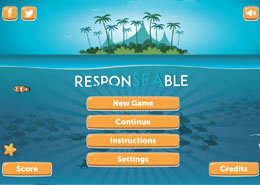
Social